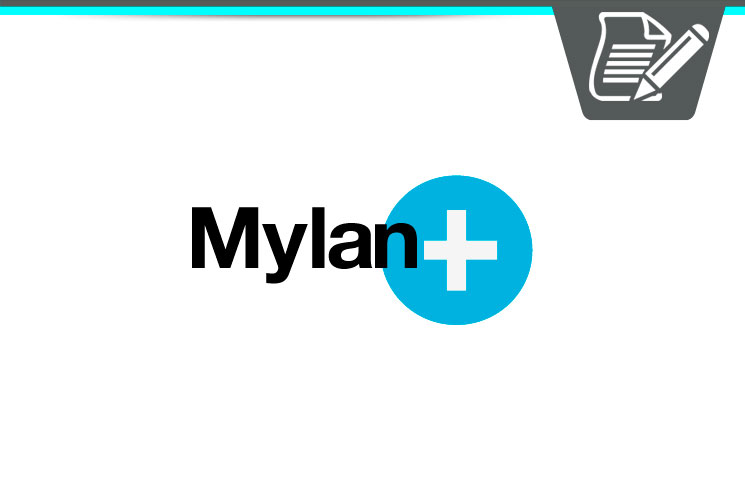
Mylan Pharmaceuticals Under Investigation for “Anti-Competitive” Contracts Signed with Schools
Mylan Pharmaceuticals, the now-infamous manufacturer of the EpiPen, has spent the past decade signing deals with schools across America. Those deals have ensured that Mylan’s EpiPen is in as many schools as possible.
Over the years, the company has raised the price of an EpiPen from around $57 to $600 today – even though there’s only about $1 of medicine in each EpiPen. Schools are now forced to buy the EpiPen at the elevated rates, raising public schooling costs across the nation.
Now, Mylan Pharmaceuticals is facing some consequences. The company is facing lawsuits across the nation for its purportedly anti-competitive activities. In one prominent case, the New York Attorney General’s Office is investigating whether or not Mylan – which has a near-monopoly on the epinephrine auto injector industry – broke antitrust laws by signing contracts with schools.
Did Mylan Insert “Anticompetitive Terms” Into Its School Contracts?
The New York Attorney General’s Office is specifically investigating if Mylan “inserted potentially anticompetitive terms” into the contracts it signed with school systems across New York State.
Mylan reportedly signed contracts with 65,000 schools across the United States.
The allegation is that these contracts – which included a free EpiPen distribution program – may have included terms that prohibited participating schools from buying products from competitors in the future.
The allegations have not yet been substantiated. However, it’s likely that they’ll be further investigated by Congress and the FTC in the near future. Right now, the investigation is in the hands of the New York Attorney General’s Office.
In a statement, New York Attorney General Eric T. Schneiderman said, “No child’s life should be put at risk because a parent, school, or healthcare provider cannot afford a simple, life-saving device because of a drug-maker’s anti-competitive practices.”
Schneiderman continued by stating that “we will hold them accountable” if they engaged in any anti-competitive business practices or violated antitrust laws:
“Allergy sufferers have enough concerns to worry about – the availability of life-saving medical treatment should not be one of them.”
Schneiderman added that he was bringing “the full resources” of his office to the investigation.
Mylan is Facing Other Lawsuits Across America
Mylan is facing problems across America. In an Ohio county court, a woman filed a class action lawsuit again Mylan after they sharply raised prices on the EpiPen. The woman’s son has an allergy that requires an EpiPen.
Meanwhile, US Senators Richard Blumenthal and Amy Klobuchar, both Democrats, urged the FTC to issue a subpoena to Mylan about EpiPen’s price hike.
Another class action lawsuit was filed in Michigan. In that lawsuit, the plaintiff is disputing the fact that Mylan only sells EpiPens in packs of two. That lawsuit was filed in late August.
What’s Mylan’s Response?
Mylan, which has increased the price of the crucial lifesaving device by approximately 400% since 2008, has defended its high prices by stating that it has spent hundreds of millions of dollars improving the product over the years. The company also claims to recoup less than half the list price for EpiPens.
Meanwhile, the company continues to have a near-monopoly on the life-saving treatment, and the FDA continues to delay the introduction of a generic EpiPen alternative to the marketplace.
Mylan’s CEO, meanwhile, wants Americans to blame the health care system – not the for-profit companies that are just doing their jobs.